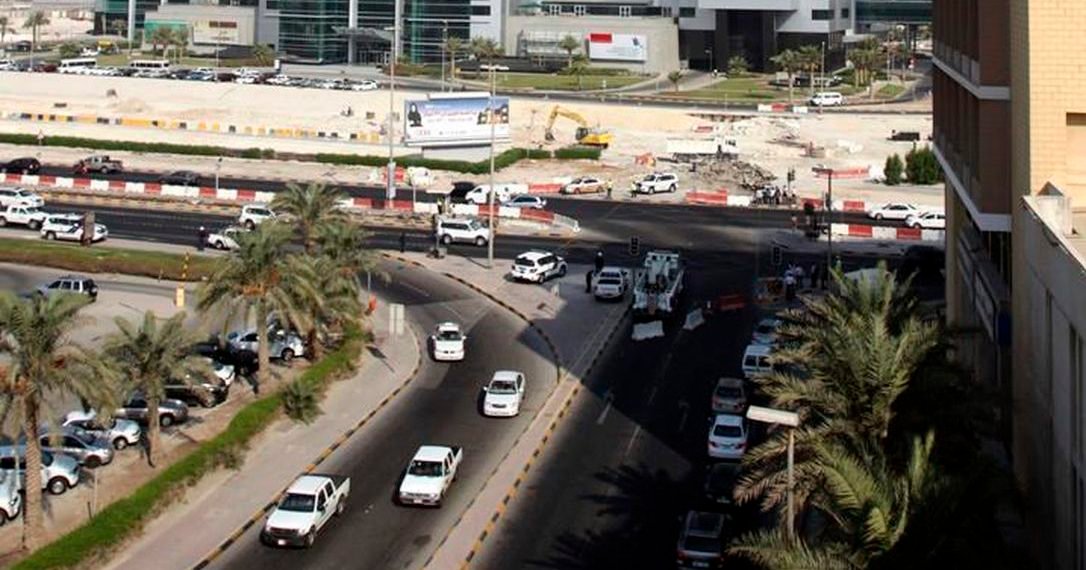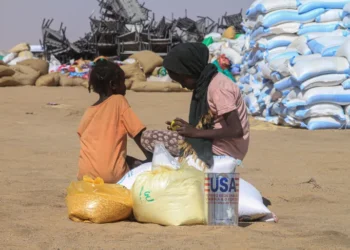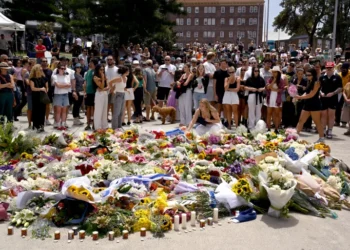Bahrain has approved the emergency use of a COVID-19 vaccine developed by Pfizer and German partner BioNTech.
The approval makes Bahrain only the second country in the world to grant an emergency use authorisation for the vaccine after the United Kingdom authorized the use of the vaccine earlier in the week.
“Bahrain has approved the of Pfizer/BioNTech COVID-19 vaccine that will be used for high-risk groups,” Bahrain’s National Health Regulatory Authority (NHRA) said.
Bahrain has however not stated how many vaccines it has purchased, nor when vaccinations would begin. The immediate challenge for Bahrain would be the conditions in which the vaccine must be kept. They must be shipped and stored at ultra-cold temperatures of approximately minus 70 degrees Celsius (minus 94 degrees Fahrenheit).
Bahrain is a Middle East nation that regularly sees temperatures in the summer of about 40 degrees Celsius (104 degrees Fahrenheit) with high humidity.
Bahrain does have a state-owned carrier, Gulf Air that it could use to transport the vaccines. In the nearby United Arab Emirates, the Dubai-based long-haul carrier Emirates has already said it is preparing its facilities to distribute vaccines at ultra-cold temperatures.
The vaccine also requires two doses to be given three weeks apart.

Bahrain had already granted emergency-use authorisation for a Chinese vaccine made by Sinopharm and has inoculated some 6,000 people with it.
That vaccine, an “inactivated” shot made by growing the whole virus in a lab and then killing it, also is in use in the UAE.
“The approval of the Pfizer/BioNTech vaccine will add a further important layer to the Kingdom’s national COVID-19 response,” Mariam al-Jalahma, the Chief Executive of NHRA said.
BioNTech, which owns the vaccine, said it has so far signed deals to supply 570 million doses worldwide in 2021, with options to deliver 600 million more. It hopes to supply at least 1.3 billion in 2021.
Bahrain, a small island off the coast of Saudi Arabia in the Persian Gulf with a population of 1.6 million, has reported more than 87,000 cases and 341 deaths, according to the government. More than 85,000 people have recovered from the COVID-19 illness that is caused by the virus.
The country is also home to a large expatriate population, with many low-paid labourers from Southeast Asia living in over-crowded housing.
In July, authorities said they had moved 8,000 labourers to new accommodation, disinfected housing and implemented a rule requiring no more than five workers per room, with about three metres (10 feet) of space for each one.
The Bahraini government says it has conducted more than two million coronavirus tests across the island since the virus was first detected.






















